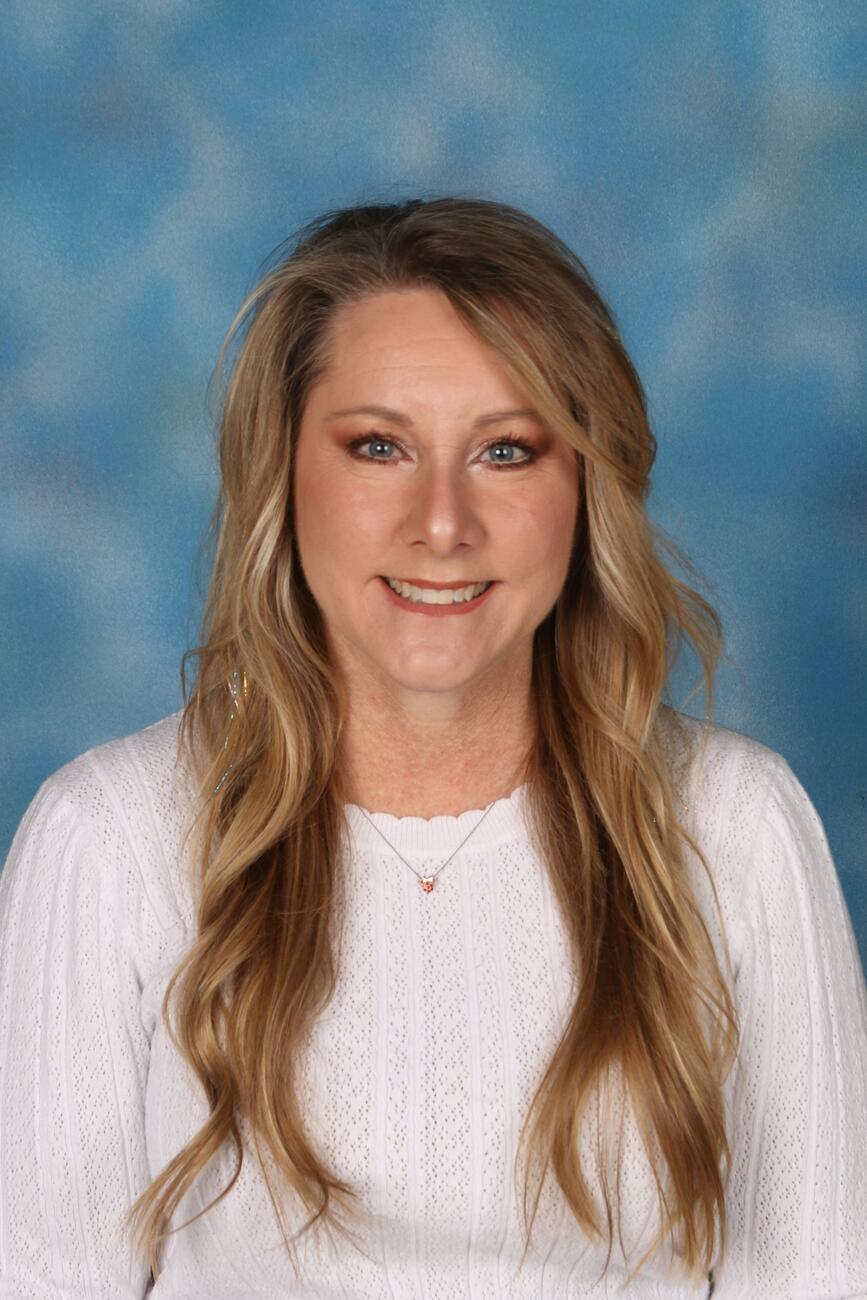Kristina Stacey, M.Ed.
A school counselor in her dream career, who now teaches counseling fundamentals to master’s students.
Kristina Stacey has served as an elementary school counselor in Carroll County since 2010. In 2017, she began teaching the next generation of school counselors in McDaniel College’s master’s program in School Counseling. She emphasizes the importance of blending theory with real-life application, equipping students to navigate both practical challenges and emotional boundaries. She earned a bachelor’s degree from Johns Hopkins University and a master’s degree and certificate in Advanced Study in School Counseling from Loyola University.
What first drew you to the field of school counseling?
When I was younger, I dreamed of becoming a teacher, but life took me in a different direction: working on the business side of a hospital. One afternoon, as I stared at my computer screen, it hit me: if I’m going to spend my days away from my own children, I want my work to truly matter. I’d always had a passion for working with children, and with a bachelor’s degree in social sciences, school counseling felt like the perfect blend of purpose and passion, and it gave me the opportunity to make a real impact in the world.
How has your own career shaped the way you view McDaniel’s School Counseling master’s program?
I’ve been an elementary school counselor for 15 years, and that experience has shaped the way I approach teaching. It is important to balance research-based knowledge with practical, real-life application. For example, I incorporate real-life scenarios — often pulled from situations I’ve encountered that very week — and challenge my master’s students to think critically and problem-solve: What would you do in this situation? This approach ensures they’re prepared for the challenges they’ll face during their field experiences and, ultimately, in their careers. It’s all about bridging the gap between theory and practice to help them succeed.
How do you maintain a work-life balance in a field that has the potential to be emotionally taxing?
Some days can be heartbreaking, especially when students face challenges beyond their control. That’s why I teach my graduate students the importance of maintaining boundaries for their mental health. Your time is valuable, so it’s essential to honor your contracted hours and schedule planning and lunch breaks into your calendar. On weekends and school holidays, I step away from work completely to focus on quality time with my family. Prioritizing your own mental health not only helps you recharge but also ensures you can be the best advocate and counselor for those who need you.
How would you describe your personal philosophy when it comes to educating future school counselors?
My philosophy centers on preparing future school counselors to bridge the gap between theory and practice. While understanding research and counseling frameworks is essential, I believe true readiness comes from applying that knowledge to real-life scenarios. For example, I guide my students through practical situations like supporting students and families during 504 and IEP meetings. We also discuss how to advocate effectively, handle tough conversations, navigate emotional boundaries, and stay focused on equity and inclusion. Ultimately, my goal is to develop counselors who are both knowledgeable and confident in addressing the diverse, real-world needs of their students and communities.
About Prof. Stacey
Graduate Adjunct Lecturer
Subject: School Counseling, M.S.
Department: Graduate and Professional Studies

Outside of the Classroom
She has three sons in college.
She loves to visit Disney Parks.
She enjoys scrapbooking and reading.